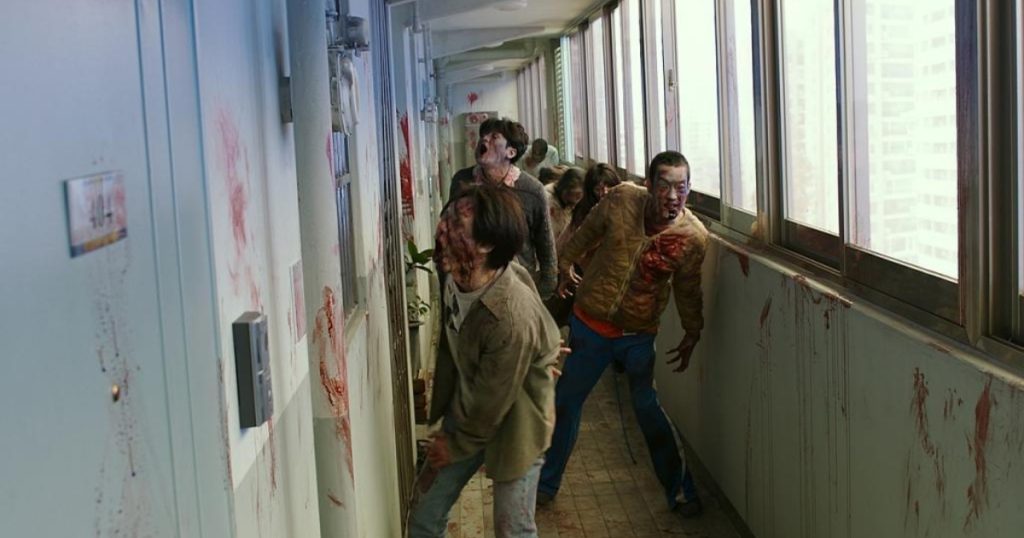It is often assumed that a startup can only go two ways — success or failure, there is no in-between.
But according to investor Sean Wise, all startups can be classified as dogs, stars, and zombies. Dogs run out of cash before they find a scalable business model, and stars are the investments that generate money for investors.
As for zombies, it is considered the worst outcome for any startup. Because frankly, to be neither dead nor alive is a fate worse than death, and should be avoided at all costs.
Rise of the zombies

So, what exactly is a zombie startup?
Zombie startups are working businesses that have survived the initial stages of a startup journey. To be clear, they refer specifically to companies backed by venture capitalists (VC), not home-based businesses set up to supplement a manicure addiction.
Currently, the late-stage VC scene is inundated with zombie startups.
Many are making enough to break even; some are even profitable. In addition, there are those so flushed with money through earlier fundraising efforts that it gives them enough runway to hide their losses.
But either way, these startups are reaching a plateau in their growth. After the initial fanfare, their revenue — if any — is barely enough to justify their high valuation.
Oftentimes, this boils down to a flawed business model. The startup could be too niche to appeal to a large audience. Perhaps, the barriers to entry are so low that the startup is swarmed with competitors. Or worse, it is not providing enough value to its customers to compensate for its high price.
Unable to reach their potential and with no exit strategy in sight, zombie startups exist in a state of suspended animation, lumbering away in an oversaturated ecosystem awash with grants and subsidies that act as their life support.
The reality is, with a lofty idea, a well-written business plan and excellent pitching skills, zombie startups — like actual zombies — can, and will roam about aimlessly and exist in perpetuity before they reach a long, overdue death.
The dangers of zombie startups
It is often unclear whether startup founders are aware that their business is going nowhere. My guess is that in a culture where quitting is a dirty word, it is easier to just soldier on than face the stigma of failure.
This is where stubborn tenacity comes in, and zombie startups continue to seek funding even when funds, or lack thereof, is not the reason behind a lacklustre performance. They also tend to spend more time and effort placating investors instead of creating more value for their customers.
All in all, it makes zombie startups insidious on so many levels that they ought to be stopped.
That is because when zombie startups recycle the same idea to sell a potential that will never be fulfilled, they are hoarding resources and talent that could be better deployed elsewhere.
As a result of a zombie’s refusal to die, money is not channelled elsewhere to support new startups. Innovation is crippled, and worse off are the employees, who are toiling away for an idea that will never reach the heights they expect it to.
Zombie bound, now what?

There is good news for zombie startups — they do not have to stay that way.
In a world of mythological creatures, zombies can still turn into unicorns. Steve Jobs reviving the Mac is probably the most iconic example.
But to come back from the living dead, founders must recognise that they have hit a roadblock. It is the sort of obstacle where hiring more consultants and raising more funds will not change the trajectory of the business.
Having faced reality, founders will need to re-evaluate their business model and be willing to pivot or allow themselves to be acquihire. It will not be easy, and the end product might still fail, or it could turn into something so far removed from its original vision.
Some of us from a particular era will remember Napster. Like a zombie faced with its ninth reincarnation, it is now hoping to make a comeback as a Web3 company shelling out non-fungible tokens (NFT).
But whatever it is, doing something to change the fate of a business is still better than staying in situ, doggedly pursuing an unrealistic dream.
Featured Image Credit: Horror Obsessive










